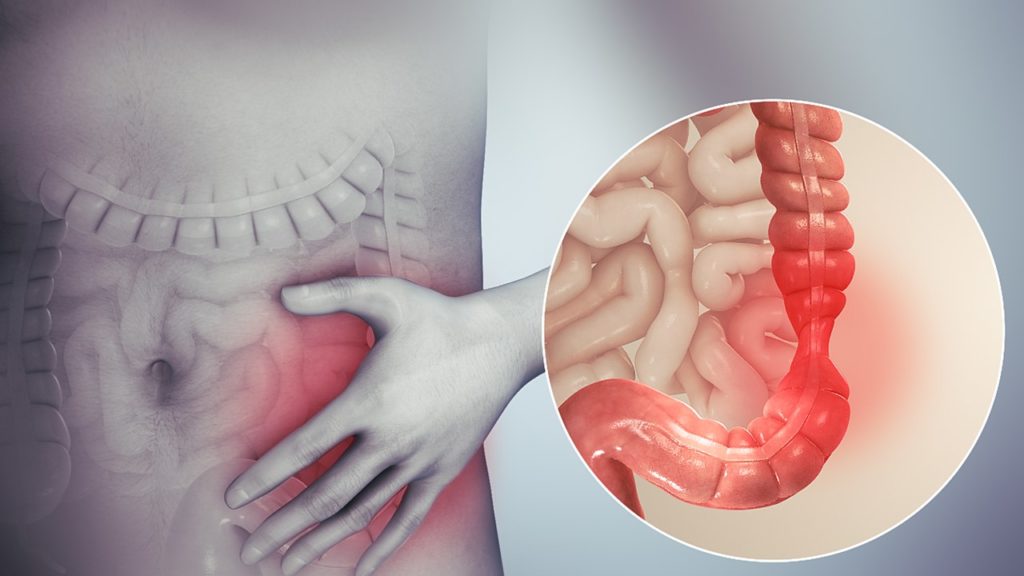A team of researchers from the University of Leuven has published a study suggesting offering more information on the mechanism causing some people to react violently after eating certain foodstuffs.
Irritable Bowel Syndrome (IBS) is a condition that leads some people – about 11% of the global population, more often women than men – to have a violent reaction to certain foodstuffs, with stomach pain, bloating, constipation or diarrhoea and other symptoms.
The condition has also been associated with chronic fatigue syndrome, depression and anxiety. The gravity of symptoms ranges from mildly inconvenient to debilitating.
Despite the presence of the condition being well- known, the exact causes were not. Now, however, a study using mice and some humans has opened the door to a new explanation of how IBS comes about.
Put in the simplest terms, the study suggests that an infection in the gut can lead to a change in the immune system in the intestines, so that some types of food are then regarded by the body as harmful. Even after the initial infection has passed, the gut continues to react to some foods as if they were pathogens, leading to the symptoms common in IBS cases.
The study into mice found that immune cells in the guy known as mast cells responded to an infection induced in the mice caused by the bacterium Citrobacter rodentium. However, the mast cells also saved an image of harmless food cells that happened to be present at the same time.
Later, when the infection had passed, the mast cells retained the image of the food cells, which were now considered pathogenic, and the body reacted accordingly.
The study does not go so far as to suggest a method of preventing or even treating IBS, but it does open up a new avenue for research.
“These patients are often not taken seriously by doctors. The lack of an allergic reaction is used as an argument that it is all in their heads and there is no problem with their gut physiology,” Professor Guy Boeckxstaens, gastroenterologist at KU Leuven and lead author of the study, told the VRT.
“With these new insights, we are providing further evidence that we are dealing with a real disease.”
The study is published in the latest edition of the journal Nature.
Alan Hope
The Brussels Times

